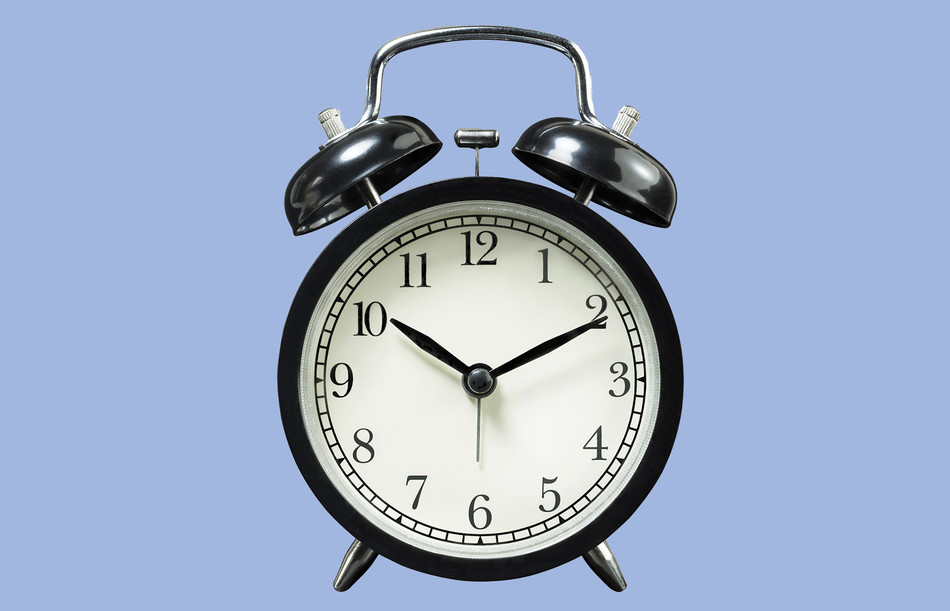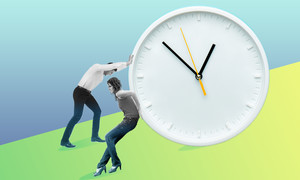Women who routinely sleep less than seven hours a night undergo metabolic changes that may raise their risk of diabetes, according to new research led by Marie-Pierre St-Onge, a Columbia associate professor of nutritional medicine. Her team found that postmenopausal women are most prone to this effect.
The power of a good secret
Got good news about a new job, budding romance, or other personal achievement? Don’t share it with others just yet. Keeping it to yourself temporarily can make you feel more energized and alive, finds Columbia social psychologist Michael Slepian.
Miracle glass?
Columbia engineers led by Oleg Gang have developed a form of glass whose purity at the atomic scale makes it nearly unbreakable. They say the technology could improve products from cars to body armor.
Big tech’s big debt
Google and Facebook should be required to pay US news publishers at least $10 billion and $2 billion a year, respectively, for the value they derive from posting snippets of news articles on their platforms, according to a report coauthored by Anya Schiffrin, the director of SIPA’s Technology, Media, and Communications program.
“Chemobrain” explained
Columbia medical researchers led by Andrew Marks have discovered both the cause of and a potential treatment for “chemobrain,” a type of cognitive impairment that many cancer patients experience while receiving chemotherapy. The researchers report that chemotherapy causes dangerous levels of calcium to build up inside brain cells and that a new drug they have developed prevents this side effect in mice.
Political bias in economic research
Using big-data techniques to analyze the campaign donations of thousands of economists and all their published articles, Columbia researchers have found that the words that appear most frequently in economists’ writings accurately predict their political affiliations and that their affiliations strongly influence their research conclusions.



